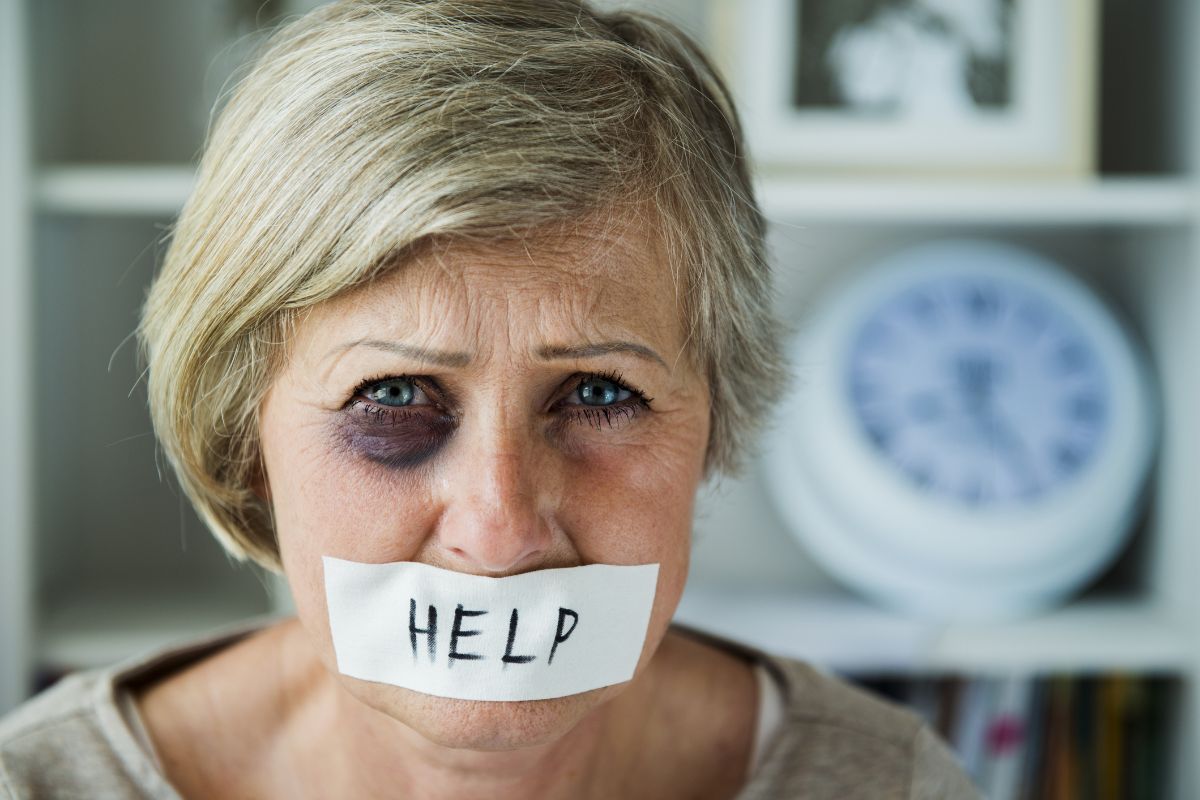Sometimes an issue can be widespread but difficult to address. For example, elder abuse has become a serious yet often overlooked problem in society today. The abuse can come from paid healthcare workers, nursing home attendants, family, and acquaintances. Our most vulnerable citizens must be protected, but many wonder how to do so. The first step is understanding and recognizing the signs of elder abuse.
Elder Abuse Comes in Many Forms
In its broadest form, the term “elder abuse” can mean any behavior that harms an older person. It’s common to associate the word “abuse” with physical trauma sometimes caused by hitting, pushing, scratching, or burning someone. However, there are other types of elder abuse, including:
- Emotional abuse, which includes verbal attacks, non-verbal behaviors that inflict mental pain, isolation, and any acts that could cause someone to be distressed or anxious.
- Sexual abuse, like forcing or tricking someone into sexual contact without consent.
- Exploitation, which includes gaining control over someone using undue influence, theft, fraud, and unauthorized use of someone’s money or belongings.
- Neglect, which is any intentional or unintentional failure to provide for an older adult’s basic needs and welfare.
Family members and caregivers must recognize when elder abuse is happening so they can stop it.
Signs of Elder Abuse
Warning signs vary widely, depending on the situation. However, the following indications are common in elder abuse cases:
- Broken bones and sprains;
- Bruises and scratches;
- Fear and anxiety, especially around certain people;
- Worsening medical conditions possibly caused by over or under-medication;
- Unusual bank or investment account activity;
- Missing money or valuables;
- Unexplained weight loss;
- Unkempt appearance, including dirty clothes and unbrushed hair; and
- Isolation from family and friends.
Elder abuse can occur anywhere, including at home or in a nursing facility. Family members and caregivers must understand the signs and minimize the risk.
Preventing or Stopping Elder Abuse
One way to protect your loved ones is to stay in contact. Visit as often as possible. Call if you live too far away to visit in person.
Whenever you talk with or visit your elderly loved ones, quietly observe them. Watch for any signs that someone might be exploiting them.
Also, talk often to anyone caring for your loved ones. A few phone calls may alert you to the signs of elder abuse.
If you see signs of elder abuse that indicate someone is in immediate danger, call 911. Otherwise, you can call the Pennsylvania Department of Aging’s 24-hour hotline at 1-800-490-8505 to find out how to protect your loved one.
About the Author
Attorney Robert Slutsky was one of the first lawyers in Pennsylvania to focus on elder law issues. Since 1992, he has helped countless people plan for their future, set up proper estate plans, plan to protect assets and care for loved ones, and successfully apply for Medicaid.
Please give us a call at (610) 940-0650 or schedule a consultation on our website. We help clients throughout Chester, Delaware, Montgomery, Bucks, and Philadelphia Counties and beyond.
For a listing of skilled nursing and rehabilitation facilities, please check out our Chester County PA Elder Law Directory and Senior Guide online at:

